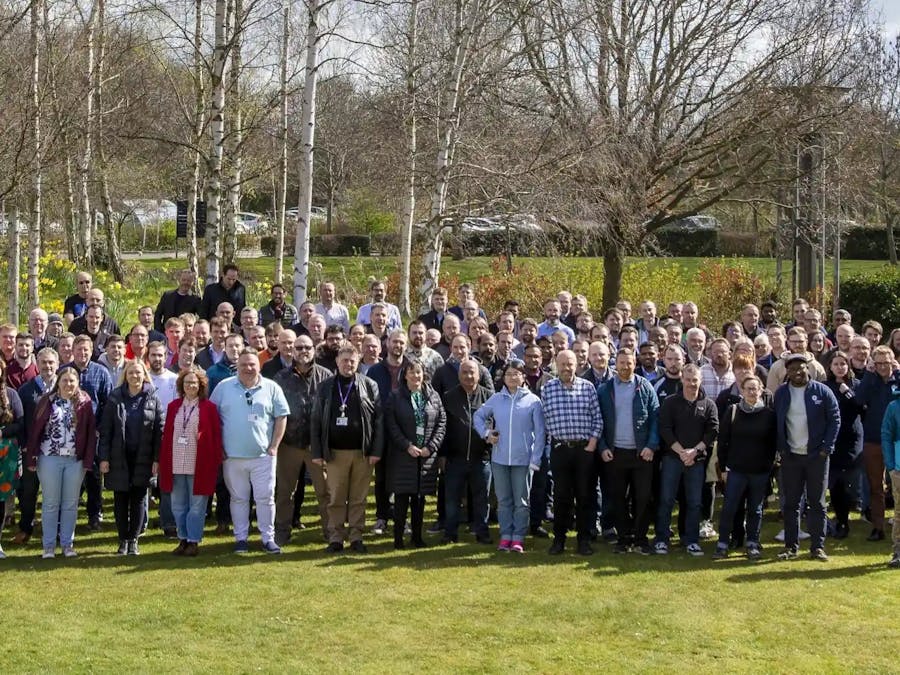Intelligent Energy (IE), one of the UK's leading hydrogen fuel cell manufacturers, has secured a £17 million programme to fast-track development of a new zero-emission hydrogen fuel cell system that could be powering commercial aircraft within the decade.
The award is from the ATI Programme, a partnership between the Aerospace Technology Institute (ATI), the Department for Business & Trade and Innovate UK. It will support Project HEIGHTS – a three-year drive to develop IE's current 300kW modular aviation fuel cell platform for use in next-generation aircraft.
Initial applications include Electric Vertical Take-off and Landing (eVTOL) aircraft and short-range commuter planes. IE's new fuel cell system – IE-FLIGHT‚Ñ¢ 300 – is expected to enter early service in Part 23 aircraft (with up to 19 seats) by the end of the decade.
IE's patented direct water-injection technology uses air-cooled condensers with a smaller frontal area than conventional liquid glycol radiators. In Project HEIGHTS, IE will further develop this method to achieve a significant reduction in heat exchanger size.
The project marks a major step forward for Intelligent Energy, and its fuel cell technology offers significant environmental and economic benefits to the aviation sector.
A switch to fuel cell systems across aircraft could reduce CO‚ÇÇ emissions by up to 25.6 million tonnes per year. IE estimates the total market value is £20 billion, and scaling up production could create as many as 1,600 new jobs.
HEIGHTS builds on IE's previous involvement in H2GEAR and leverages its experience powering the world's first manned fuel cell flight with Boeing in 2008.
IE is also expanding its UK operations, with a new £7 million fuel cell test centre opening this summer in Northamptonshire.
The project will be supported by the University of Sheffield Advanced Manufacturing Research Centre (AMRC), Coventry University and the Manufacturing Technology Centre (MTC).
This programme is about getting hydrogen-powered aircraft in the air, and into service at scale, as quickly as possible. We firmly believe that hydrogen will be the primary energy source for flight, initially for smaller aircraft but in the longer term for everything that flies. At Intelligent Energy, we have the IP built on 24 years' experience to give us confidence that we can be the technical leader in this sector. This project supports us in making our modular system even smaller, lighter and more scalable. We are expanding at pace because the UK has a once-in-a-generation opportunity to consolidate its global lead in hydrogen aviation and build a strong domestic manufacturing capability.
Hydrogen as a fuel source is an essential part of the ATI's technology roadmaps for future power and propulsion systems. We are delighted to be supporting Intelligent Energy's HEIGHTS programme, which builds upon its prior expertise in fuel cell development to encompass novel means of addressing thermal management challenges associated with aircraft integration. The ATI's FlyZero project identified the need for high-temperature fuel cell systems and world-class expertise on thermal management within the UK. This project brings the two together to develop what we expect to be a compelling, power dense solution for zero-carbon flight.
When IE approached the AMRC about project HEIGHTS, we saw a pivotal opportunity to leverage the investments we've made in cutting-edge technology specifically aimed to address the challenges to decarbonising transportation. This collaboration is not just technical; it's about actively pioneering the pathway to zero CO2 emission flight in commercial aviation.
Hydrogen fuel cells represent a gold standard for zero-emission aircraft propulsion. Alternatives like sustainable aviation fuels and hydrogen combustion still produce polluting emissions but the only by-product from a fuel cell is water vapour. It's important that we work to accelerate the adoption of hydrogen fuel cell technology in aviation, as there simply aren't any viable alternatives for truly zero-emission, long-distance flight.




